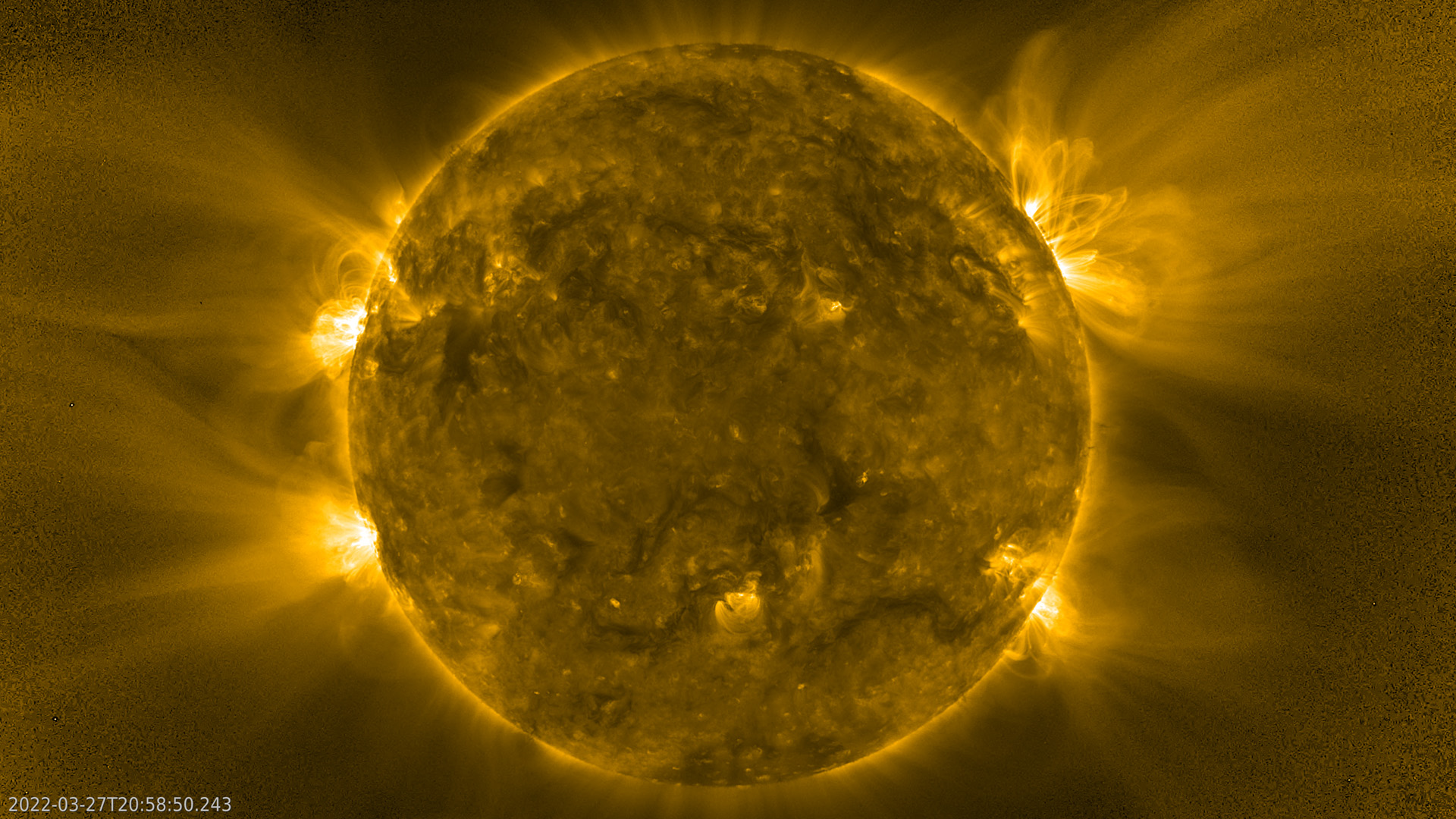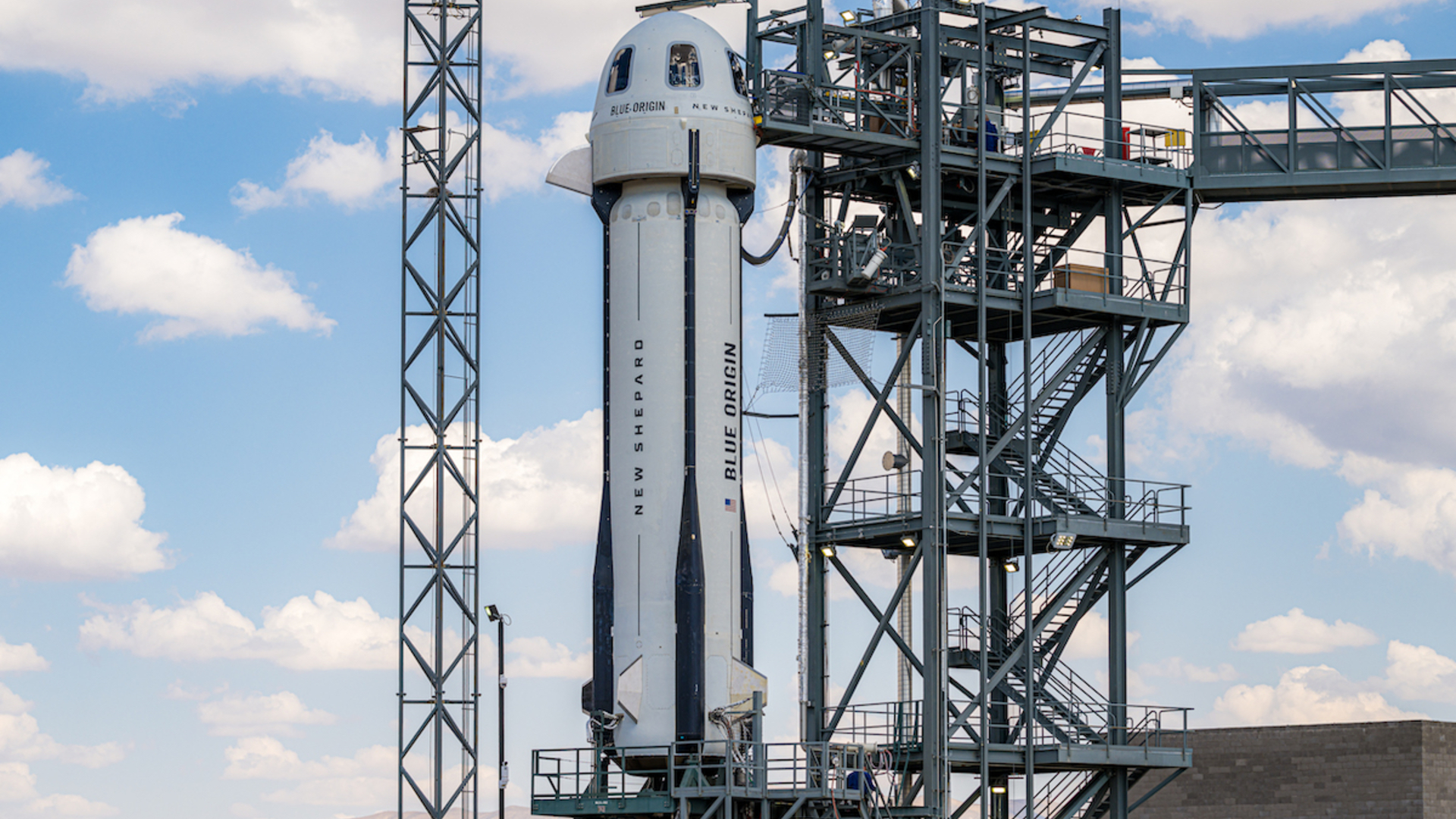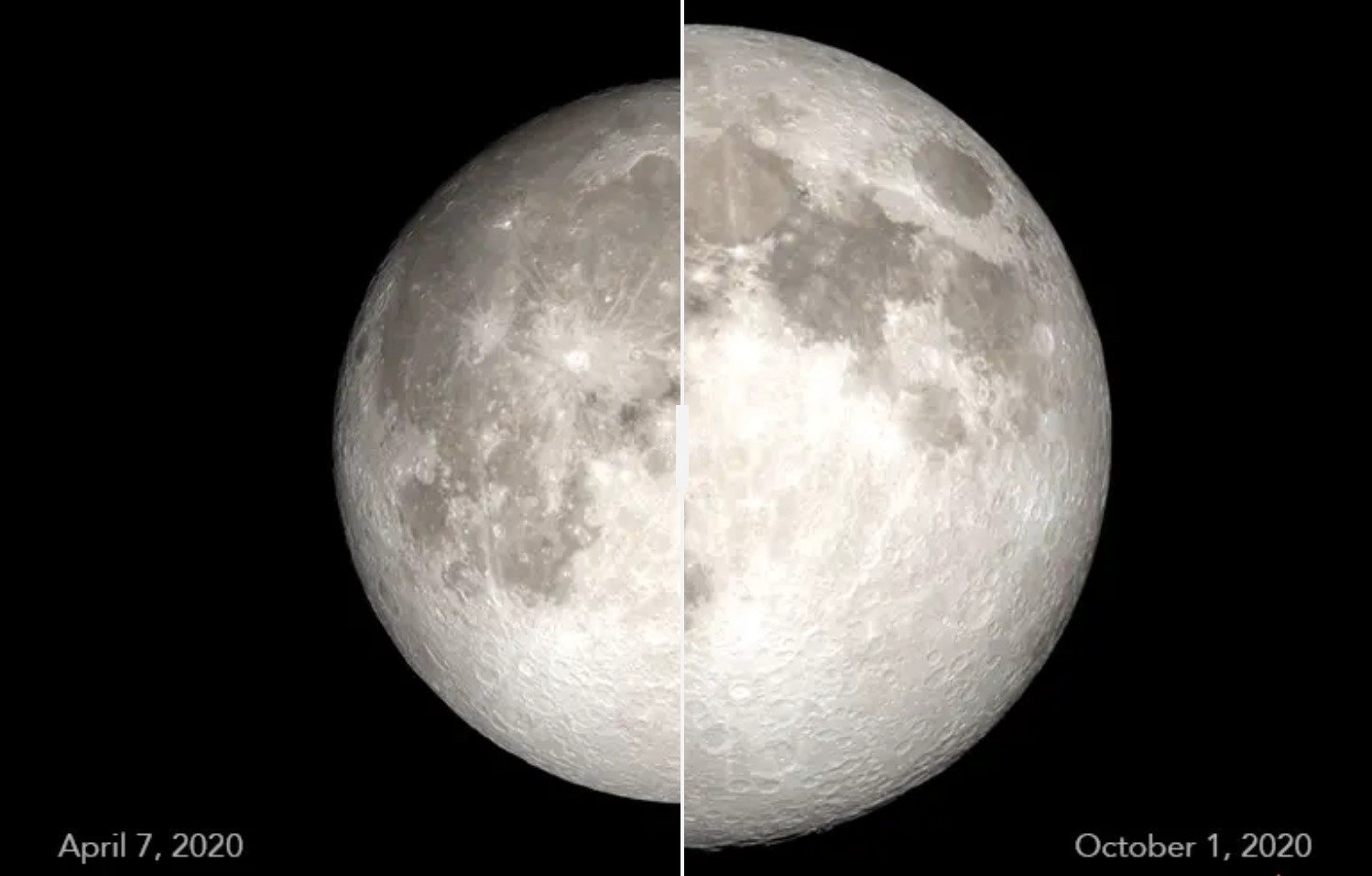Boeing Starliner astronaut Suni Williams takes ISS command as 8-day mission turns into 8 months (video)
When assigned her original eight-day mission, she certainly didn't expect to taking over as commander of the International Space Station.
NASA astronaut Sunita "Suni" Williams has just been handed the keys to the International Space Station, marking a milestone in her eight-month-long mission that was originally supposed to last eight days.
During what's known as a "change of command ceremony" aboard the International Space Station (ISS), Russian cosmonaut Olog Kononenko passed leadership of ISS Expedition 71 over to Williams, who arrived to the orbiting laboratory aboard Boeing's Starliner spacecraft in June.
It's an unexpected addition to Williams' already unusual visit to space; she and NASA astronaut Butch Wilmore both launched on Starliner's Crewed Flight Test (CFT), a mission initially expected to last about a week. Complications with the spacecraft's thrusters, however, meant the duo was booked into an extended stay aboard the station. This is because NASA and Boeing ultimately decided to return Starliner to Earth without its crew as a safety precaution. Williams and Wilmore will have to come home in February 2025 aboard a SpaceX Dragon capsule.
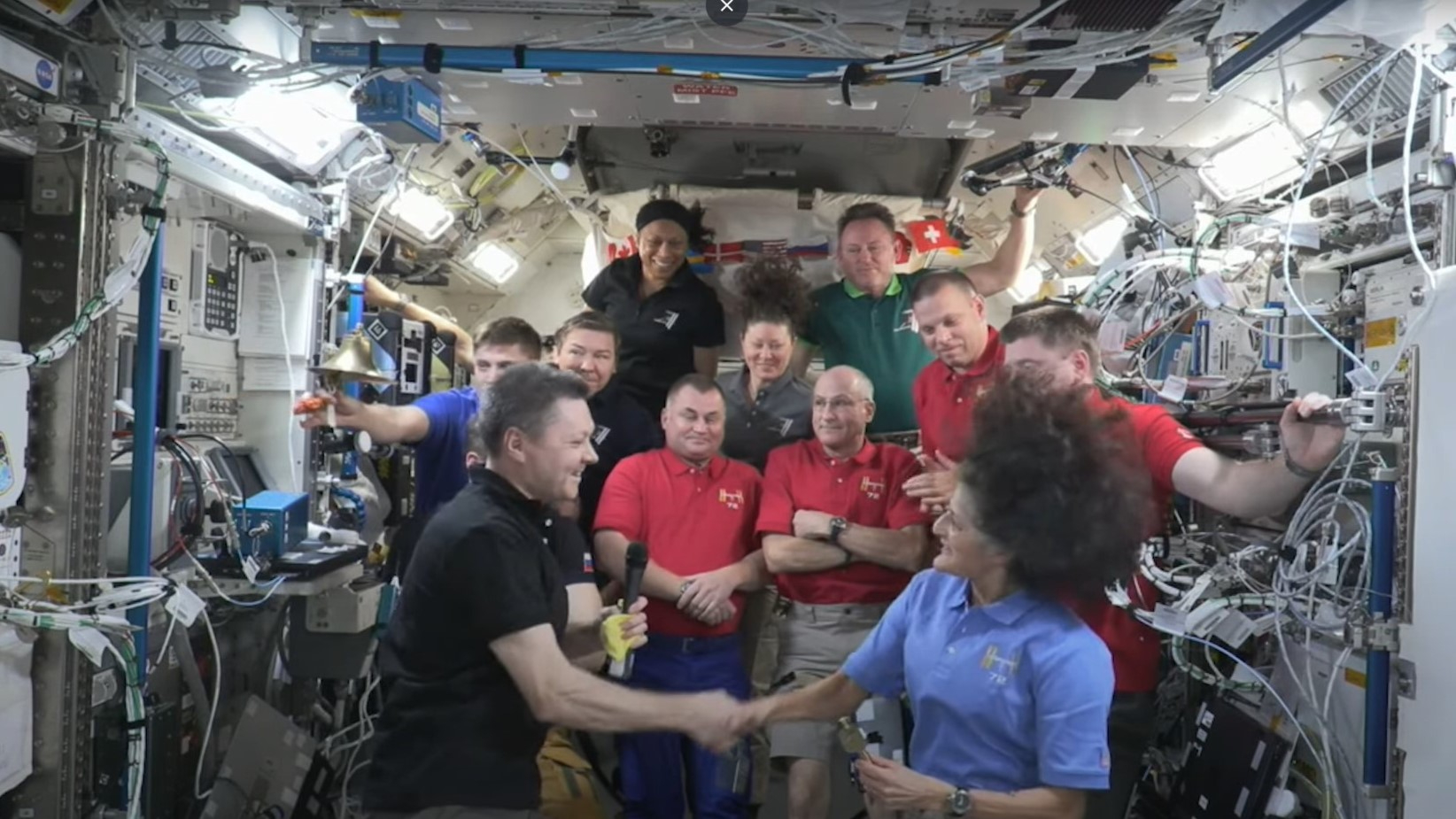
"It has been a great time to work, and a great pleasure to work and spend time together here, as a big family onboard the space station," Kononenko said in an emotional address during the ceremony.
"I am leaving my second home, the space station, in Sunita's delicate hands," he added, as he handed a physical space station hatch key over to Williams.
Kononenko, along with fellow cosmonaut Nikolai Chub and NASA astronaut Tracy C. Dyson returned to Earth on Monday (Sep. 23) aboard the Soyuz MS-25 spacecraft, touching down in Kazakhstan during morning hours. The voyage wrapped up over a year in space for the two cosmonauts, and about six months for Dyson.
For Williams, taking command of the ISS adds to a list of unanticipated occurrences throughout her time in space.
Get the Space.com Newsletter
Breaking space news, the latest updates on rocket launches, skywatching events and more!
Beginning with Starliner's thruster issues as the spacecraft approached the ISS to dock, she and Wilmore waited on the station for months as Boeing and NASA tried to better diagnose the craft's malfunctions through tests on the ground. However, operators eventually decided to return Starliner to Earth without Williams and Wilmore aboard as a safety precaution, absorbing the astronauts into the ISS Expedition 71 crew.
Starliner successfully completed its uncrewed return earlier this month, but Williams and Wilmore's time in space has now been extended to a total of eight months.
The pair is slated to return to the planet aboard a SpaceX Crew Dragon at the end of the next flight rotation in March of 2025. That mission, Crew-9, is expected to launch no earlier than Sep. 26, and is flying with two empty seats to accommodate Williams and Wilmore's return (this also meant cutting two astronauts from Crew-9's original manifest).
Williams, however, has taken each step with the type of professional grace typically exemplified by NASA astronauts. In fact, this trip is far from Williams' first spaceflight — and isn't even her first time commanding the ISS. During her first launch to the ISS in 2006, Williams flew as flight engineer aboard the Space Shuttle Discovery's STS-116 mission. Her second visit to the space station came in 2012, when she took command of ISS Expedition 33.
As of Sep. 23 of this year, Williams has accumulated over 430 days in space.
Receiving the microphone from Kononenko during Sunday's ceremony, Williams thanked her predecessor, joked about the unique nature of her mission's outcome as well as the station crew's ability to adapt, and voiced some personal goodbyes to the departing space explorers. At the end of her speech, speaking in her best Russian, she wished them a safe and successful return:
"Expedition 71 has taught all of us a lot about flexibility, and the ability to adapt to a number of amazing things. A lot of things weren't planned, and somehow you guys put it all together and did it. It's pretty amazing. Pretty impressive. You adopted Butch and I, even though that was not quite the plan, but here we are as part of the family. You welcomed Don, Alexi and Yvonne with open arms, and with your Soyuz crew and Crew-8, you have made this a great family. We appreciate it.
Oleg, we'll miss your hundreds of stories around the dinner table, but I guess that's what you get for having over 1,000 days in space. You get those stories, right? [Nikolai], we're going to miss your precision, your professionalism, but I guess that's what you get when you sign up for your rookie flight that's over a year in space. And Tracy, we're gonna miss your desk and your organization, and your ability to make order out of chaos, even in the craziest of times. So we thank you, all three of you, for that. So I'm going to try...(in Russian) I would also like to wish you success. Thank you."
Join our Space Forums to keep talking space on the latest missions, night sky and more! And if you have a news tip, correction or comment, let us know at: community@space.com.
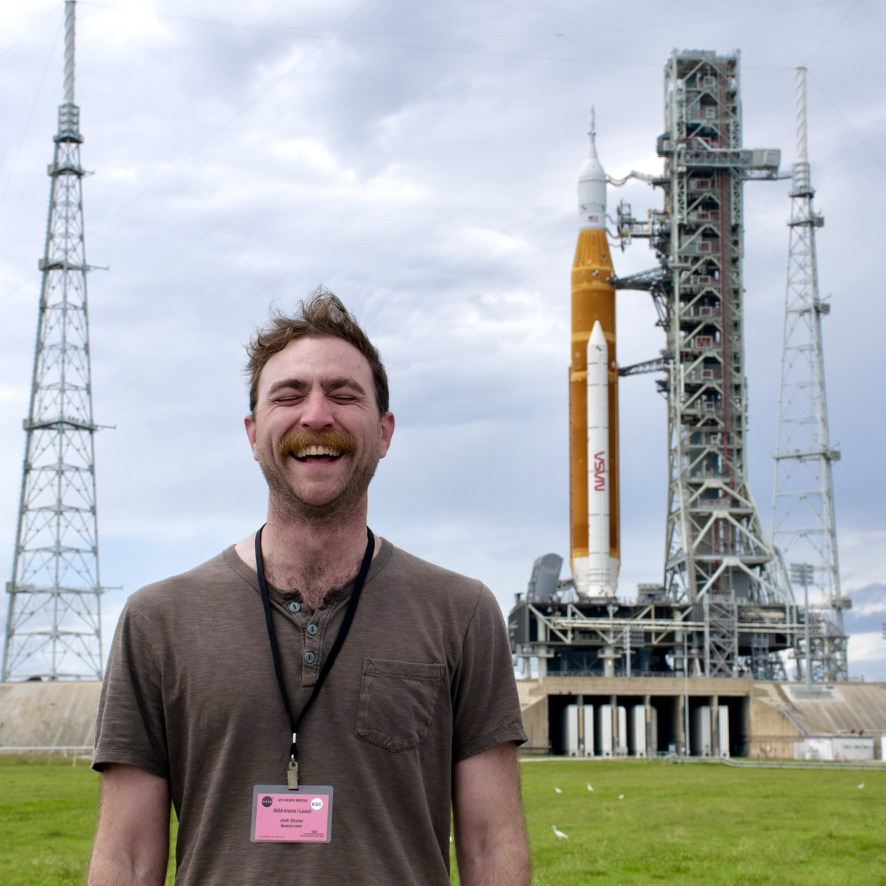
Josh Dinner is the Staff Writer for Spaceflight at Space.com. He is a writer and photographer with a passion for science and space exploration, and has been working the space beat since 2016. Josh has covered the evolution of NASA's commercial spaceflight partnerships and crewed missions from the Space Coast, as well as NASA science missions and more. He also enjoys building 1:144-scale model rockets and human-flown spacecraft. Find some of Josh's launch photography on Instagram and his website, and follow him on X, where he mostly posts in haiku.







